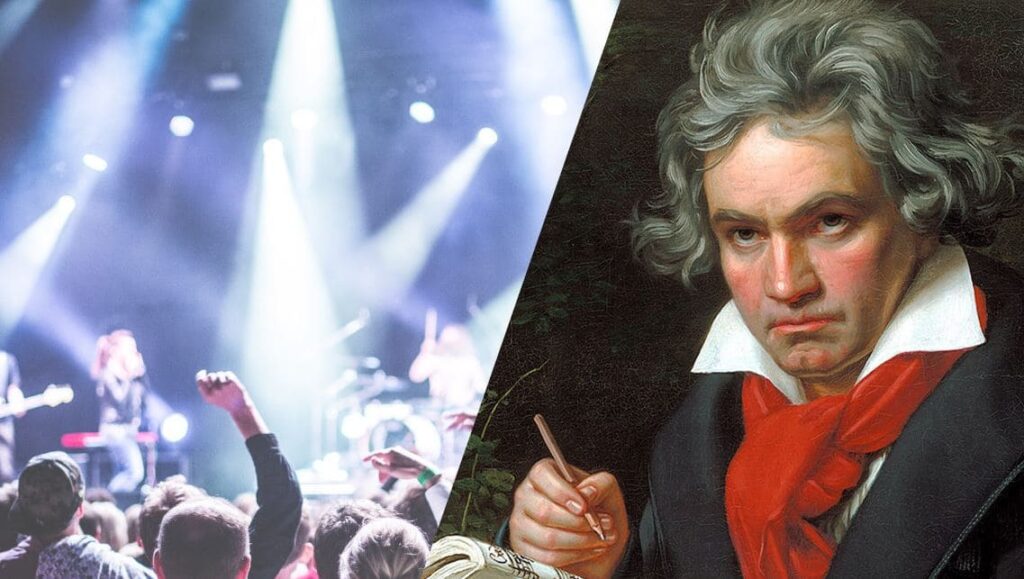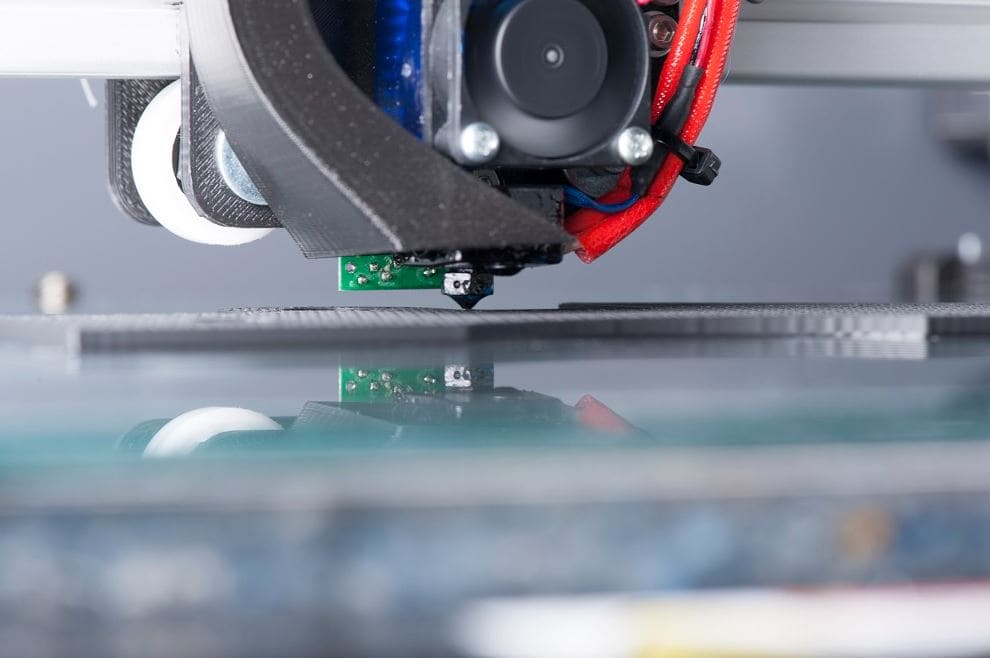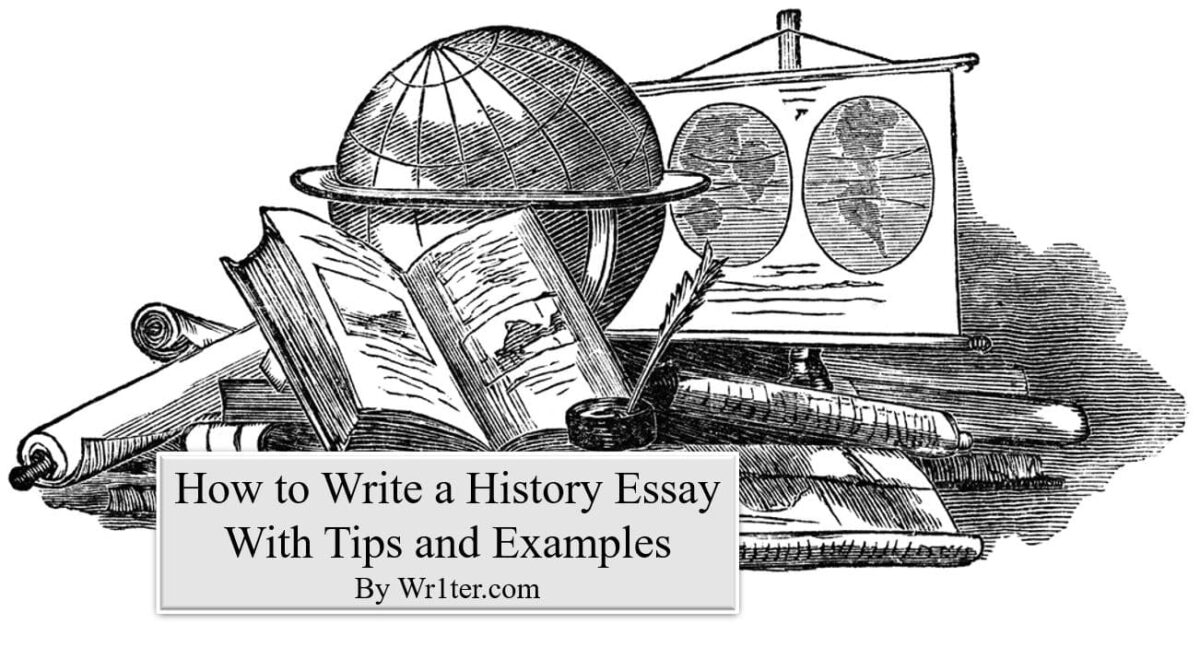Introduction
Classical music and modern pop music have evolved over the centuries through the continuous innovation and creativity of composers and artists. The structure of music and the use of instruments have been changed over time to create better sounds. From a historical perspective, classical music and modern pop music are similar in that each has evolved over time, while they share similar techniques, but they were designed during different eras.
Evolving Over Centuries
Both classical music and modern pop music evolved over different periods. While classical music started with simple plainchants, it evolved throughout periods, such as Renaissance (1400-1600), Baroque (1600-1750), Classical (1750-1800), and Romantic (1800-1900) eras (Fort Collins Symphony [FCS] 2023, paras. 15-36). This change was evident in several ways, including the emergence of the opera genre during the Baroque era and the use of instrumentals and symphony during the Classical period. Similarly, pop music also evolved over some time with the emergence of different genres, such as jazz and blues between the 1920s and hip hop in the 1990s (Joubert 2020, para. 4). These genres are different in several aspects, where hip hop uses more rhythm and speech but less harmony as compared to jazz. Therefore, both classical music and modern pop music evolved in diverse ways, and this change involved the emergence of new genres.

The Use of Similar Techniques
Classical music and modern pop music may involve the use of similar techniques. Many ways of writing music, including symphony, piano, and string quartet, are ideas that emerged during the Classical era between 1750 and 1800 (FCS 2023, para. 29). These techniques are served to write classical music and are still used today for both classical music and modern pop music, like using the piano for jazz. Similarly, the Baroque era involved a change in the structure of music and the use of instruments by giving more emphasis on some lines and using different tones (FCS 2023, para. 23). This feature is an important improvement made to classical music. Moreover, it is evident in pop music genres, such as hip hop, whereby artists give precedence to the use of speech and rhythm but focus less on harmony (Joubert 2020, para. 7). Playing certain instruments in some parts of pop music is relatable to the use of this strategy in classical music. Therefore, classical and modern pop music used similar techniques, some of which were developed before pop music started.
Starting During Different Periods
Classical music and modern pop music started during different periods. Classical music originated from the Medieval era ranging from 476 A.D. to 1400, and it had more developed forms after this period (Feld n.d., para. 1). It started with plainchants or religious themes and was improved over the centuries. In comparison, popular music started in the 1920s and began with the birth of jazz, followed by other genres, such as blues and R&B (Joubert 2020, para. 4). Prior to the 1920s, people were increasingly demanding this kind of music since the publishing industry had started to print and sell music. Therefore, pop music came centuries after classical music.
Conclusion
Considering the history of classical music and modern pop music, both genres have evolved over the centuries and share some techniques, but they began at different periods. Creativity in the use of instruments and structure of music has changed classical music and pop music over the years. Therefore, both classical music and modern pop music share certain similarities despite having a major difference in the era when each genre began to be popular among people.
Reference List
Feld, M n.d, ‘Summary of Western classical music history’, Columbia University. Available at: <http://www.columbia.edu/itc/music/ito/history/>. [13 July 2023].
Fort Collins Symphony 2023, ‘A brief history of classical music’, Fort Collins Symphony. Available at: <https://fcsymphony.org/uncategorized/a-brief-history-of-classical-music/>. [13 July 2023].
Joubert, S 2020, ‘Evolution of pop music’, London Singing Institute. Available at: <https://www.londonsinginginstitute.co.uk/evolution-of-pop-music/>. [13 July 2023].


